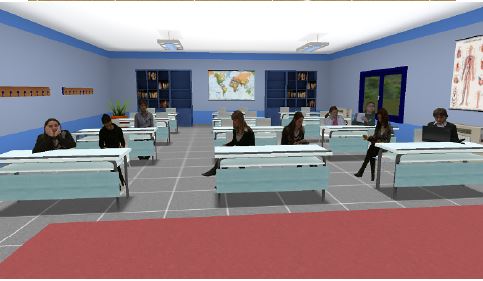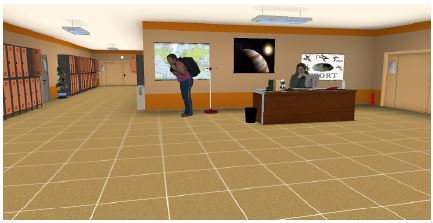School Phobia (Avoidance/Refusal)

Historically called “school phobia,” many researchers now prefer to use the terms “school avoidance” or “school refusal” to describe children who have a pattern of avoiding or refusing to attend school. These behaviors occur in approximately 2-5 % of school-aged children.
Common signs of school phobia include:
- Refusal to attend school
- Creating reasons why not to go to school
- Missing a lot of school
- Frequent complaints about not feeling well with vague or non-specific complaints
- Complaints of chronic physical symptoms (e.g. headaches, dizziness, nausea) that, when evaluated by a doctor, have no medical cause

Although school phobia is often derived from fear of school-related activities, it can also originate from anxiety about home issues or about being separated from a caregiver. Children who experience significant difficulty in attending school do so for different reasons and exhibit a range of behaviors.
For young children, school means spending a lot of time away from home. Not only do children miss home in the school setting, but they are faced with new experiences, challenges and pressures. School-related factors that can cause school phobia include:
- Fear of failure
- Teasing by other children
- Anxieties over toileting in a public bathroom
- A perception that teachers and other school personnel are “mean”
- Threats of physical harm or actual physical harm
- Existing learning difficulties or disabilities
- Social problems
- Unsafe or chaotic neighborhoods and schools
Non-school related causes may include:
- Home problems or situations such as the loss of a loved one through death, divorce or relocating
- Fear that something terrible will happen at home while they are at school
- Difficulty returning to classroom routines as well as academic and social demands after a prolonged absence from illness or surgery
- Preference to stay home because they can watch TV, have parental attention, or play; rather than work in school
- Stress from transitioning (e.g. from elementary to middle school)
All of these factors may lead to the development of school phobia. Additionally, many children avoid or refuse school for a combination of reasons, further complicating treatment.
If untreated, chronic school refusal or avoidance may result in more than family distress. Academic deterioration, poor peer relationships, school or legal conflicts, and work or college avoidance may result. The extended implications of school phobia can be far reaching and, in the long term, it can lead to panic and anxiety disorders in adulthood.
The most important aspect of dealing with school phobia is to find out the underlying cause(s), which may stem from home, personal, family, or school-related issues, or a combination. Many children may have started to avoid school for one reason, but then begin to stay home for another reason. Once the cause has been identified, it is then easier to try to plan a “customized” approach to help the child. Sometimes the child feels relief just by expressing concerns about friends or school expectations. Helping the child to relax, develop better coping skills, improve social skills, using a contract and getting help with parenting or family issues are all examples of possible treatments. Several treatment plans may need to be tried.
Virtual Reality-Enhanced Cognitive Behavioral Therapy may be a useful adjunctive tool in treating school phobia. The central component of this treatment is exposure therapy, which involves helping clients gradually become more comfortable with situations that frighten them. Virtual reality technology places the client in a computer-generated environment where they experience a school and classroom setting. Clients are first taught coping skills and are then placed in the VR setting. Clients can practice within this virtual world until they are comfortable with the experience and satisfied with their response.
If a multifaceted treatment approach is needed, virtual reality therapy is easily combined with other training methods to provide a comprehensive intervention plan.
Please note that our Belgian Institute is involved only in Research Projects and Consulting Services. If you would like to have us as a partner in clinical trials, please contact us at: office @ vrphobia.eu. If you wish to come to our Southern California Clinics for a one to two week Condensed Treatment, we do offer individual therapy services to those coming from other States/Countries. If you would like to schedule an appointment for a therapy session please contact us at frontoffice @ vrphobia.com or +1 858 642 0267.